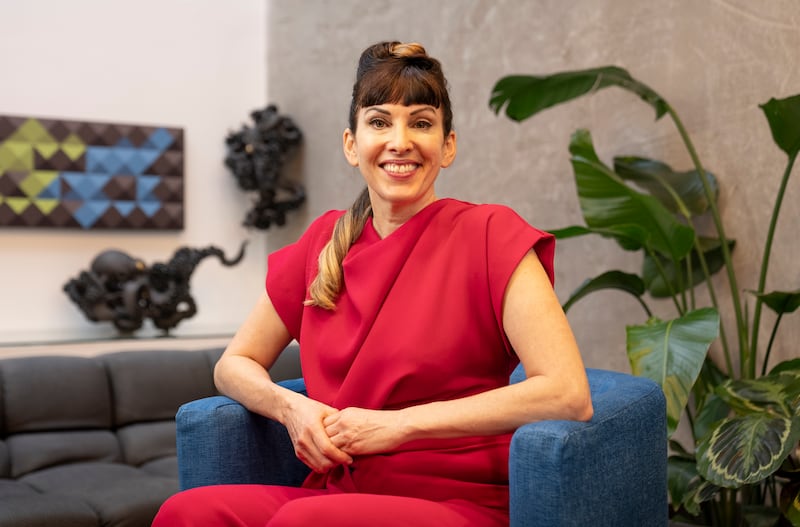Still today, my mum uneasily recounts the story of my brother’s accident when he was three years old. He slipped through the banisters of a department store staircase and fell two floors below onto his chin with a heart-stopping thud.
Thankfully, the worst didn’t happen, but it did necessitate a trip to A&E and the placement of many stitches. Apart from an uncomfortable story and the minor scar under his chin, we didn’t think any more about it.
Fast forward to the past couple of years and the latest advancements in jaw joint 3D scans and MRIs have thrown incidents of this sort into the spotlight, and it’s now likely that the accident had a much bigger impact on my brother’s life than any of us imagined.
It’s becoming clearer that such childhood accidents may stunt facial growth and cause crooked teeth. The evidence for this is being picked up on scans of children as young as four years old.
Head impacts are thought to cause tears to the delicate structures inside our jaw joints and it’s hypothesised that this causes a shudder in the growth plates of the jaw bones, resulting in them failing to grow to their ideal size. If this happens it may leave the face looking lopsided with protruding or non-touching front teeth.
My brother ended up with severely bucked upper teeth and underwent many years of brace treatment to bring them back in line. At that time, it was thought that sticky-out teeth, recessed chins and underbites were solely due to a person’s genetic make-up.
Current thinking is that facial growth is much more complex than simply genetics and it is unlikely that just one factor influences how our face, jaws and teeth turn out; other elements like how we breathe, how our tongue moves when swallowing, nutrition, types of foods and our posture all play a role.
Advancements in understanding pave the way for better treatments to be developed. In some cases, if improperly growing jaws or teeth are identified early enough there may be dental treatments that can kickstart the growth of a child’s facial bones again, meaning that they potentially will need less treatment as an adult.
Lucy Stock is principal dentist at Gentle Dental Care in Belfast, gdconline.co.uk









